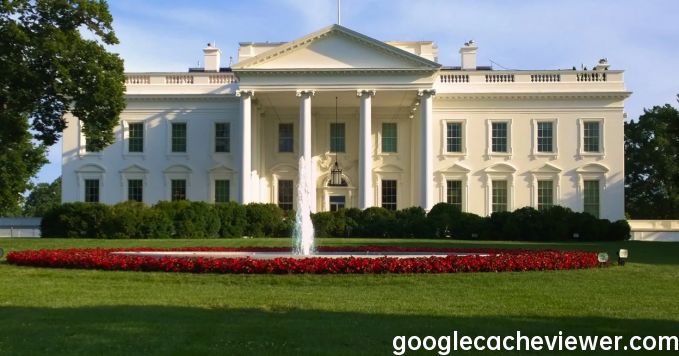What does the White House Chief of staff do?

The role of the president's chief of staff varies by presidency but generally includes both managerial and advisory duties, including:
- Selecting and hiring staff members
- Structuring the office's system of reporting information
- Monitoring and maintaining the office's information flow to the president
- Maintaining the president's schedule
- Advising the president on politics and policy
Managerial
The managerial duties of the chief of staff include forming the White House staff, maintaining the president's calendar and managing the information that the president receives.[4]
Staff formation
Chiefs of staff who are appointed at the beginning of an administration typically have much more control over the initial hires of the White House staff, but those who are appointed mid-term may need to re-organize the staff to suit their needs. James Baker, who served under President Bill Clinton, referred to the re-organization as "layering" his staff in order to have trusted individuals in key positions, while the prior chief's staff got fewer responsibilities. Another issue chiefs of staff have to surveil is whether the staff suffers from the constant workload of the White House.[4]
Office structure
The chief of staff is typically responsible for creating a structure of reporting and decision-making for White House staff. The structure is largely based on the president's style of operation. Chiefs of staff have been labeled "strong" and "weak" based on the structure of the White House. A "strong" chief of staff requires all information intended for the president go past their desk in order to maintain a very hands-on management style, while a "weak" chief of staff does not require such a reporting method before information gets to the president.
In order to maintain the structure of the White House, a chief of staff usually has between one and three assistants. The assistants help oversee political issues, White House staff and, during election season, the added information from the president's campaign. Regular meetings with key White House staff help the chief of staff manage the different aspects of the job.
Maintaining the flow of information
The chief of staff must maintain the flow of information to assure the president receives all the necessary information and points of view. The chief needs to monitor the information provided by staff on important policy issues to make sure it is in the interest of the president, not the producers of the information. However, it is also important that the chief of staff involve the White House staff in the decision-making process in order to ensure the chief is not the sole person directing the policies presented to the president. Presidents using an open door policy in regards to information have typically turned to a "strong" chief of staff in order to prevent becoming overwhelmed. The chief of staff is also responsible for providing background information on issues important to the president.
Another crucial aspect of having a chief of staff is to prevent the president from getting information from key contributors and close friends. Keeping a layer of insulation between the president and those supporters and friends limits the president's willingness to afford favors that may be detrimental to the office. Similarly, the chief of staff provides insulation from quick, uninformed decisions. According to chief of staff James Baker, "the Chief of Staff needs to know what the President is telling people and what they’re telling him. You need to have an understanding with him about it." The chief of staff needs to be honest with the president in regards to political positions in order to sort out bias from different viewpoints.
Scheduling
The chief of staff is also involved in the scheduled appearances of a president. Chiefs of staff or a deputy travel to meetings and appearances outside of the White House in order to keep informed of topics and provide information if necessary. Speeches and briefings are previewed by the chief of staff in order to understand what attention may be attracted by the statements. Chiefs of staff often meet with the president and other staff prior to important appearances to help shape the intended impact.[4]
Advisory
The chief of staff serves in an advisory role in both policy and politics. The chief must understand the political landscape of the country in order to give the president honest advice on policy. The chief of staff needs to be able to negotiate with Congress and the executive cabinet as well as donors and supporters.
Related
Latest US News
- Pennsylvania Governor Backs Court Decision to Disallow Faulty Mail-In Ballots
- Republicans Edge Closer to House Majority, Eye Full Congressional Control
- Ella Emhoff Shuts Down Rumors After Emotional Election Night Reaction
- Giants and Panthers Face Off in NFL's International Series Finale
- Michigan Falls Short Against Indiana: Winners and Losers